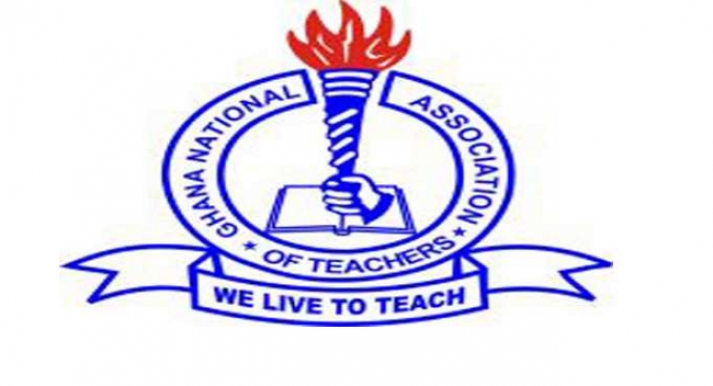
GNAT highlights need for gender equity
Young women and girls are active members of the wider community who can play vital roles by enhancing their leadership skills through transformation, leadership approach and educating.
Advertisement
Opportunities can be created for them to participate in activities that ignite hope and inspire passion.
In Ghana, apart from the government’s interventions to promote these objectives, non-governmental organisation are also focusing on raising awareness of very controversial issues impacting young girls and providing programming and awareness-creation efforts around harmful traditional practices such as violence against women and, in particular, Female Genital Mutilation/Cutting (FGM).
Practice of elopement
In support of efforts to attain these objectives, the Ghana National Association of Teachers (GNAT) has called for an end to the practice of elopement of young girls to enhance their involvement in the decision-making process in society.
Besides, the practice of elopement, likened to abduction or human trafficking, has been criminalised since the re-emergence of democracy in the country following the promulgation of the 1992 Constitution.
Elopement, linked to school enrolment and drop-out rate, is an age-long practice in some parts of the three regions in the north where adolescent females are snatched away by men for marriage.
This was announced by Madam Helena Awurusa, the National Gender Co-ordinator of GNAT, during a one-day durbar on gender equity, to give equal treatment to everyone at Kantu in the Wa West District in the Upper West Region (UWR) at the weekend.
Dubbed “GNAT, Gender-Nkabom Community Sessions”, the durbar was meant to halt the continuous progressive reduction in the enrolment rate in schools in the UWR. It was organised by GNAT in collaboration with the Canadian Teachers Federation (CTF).
Addressing the durbar of the chiefs and people, Madam Awurusa called for an end to the practice of elopement and early marriages to afford the girl-child the opportunity to continue with her education. She said the practice could no longer be entertained, since it retarded the progress and quality of care of the girl-child, adding that for instance in the northern sector, depriving people of education was worst against females with their literacy rate being only 23 per cent.
Special desk
She, therefore, asked the public not to conceal the practice any longer but report it to the police, since there was a special desk assigned to deal with such cases.
“The consequences of lack of education is more evident in the case of females for whom education means, among others, personal advancement and quality of care for children,” she said.
Madam Awurusa further called on the people to allow their boys to also go to school and stop the practice of engaging them to become cowherds.
She noted that education was meant to equip the youth with skills and consciousness to access opportunities on the job market and functionally manage the environment so they should be allowed to benefit from it.
The Wa West District Chief Executive (DCE), Mr Basiera Saankara, announced that the Member of Parliament (MP) for the area, Mr Joseph Yieleh Chireh, had made available an amount of GH¢5,000 to the Wechiau Traditional Council to sensitise the communities to the need to put an end to the practice of elopement and early marriages.
For his part, the Chief of Kantu, Naa Datin Belleh III, commended the government for placing their basic school on the Ghana School Feeding Programme but appealed for an improvement in the roads that link major towns in the area, since they were in a very deplorable state, especially during the rainy season.



